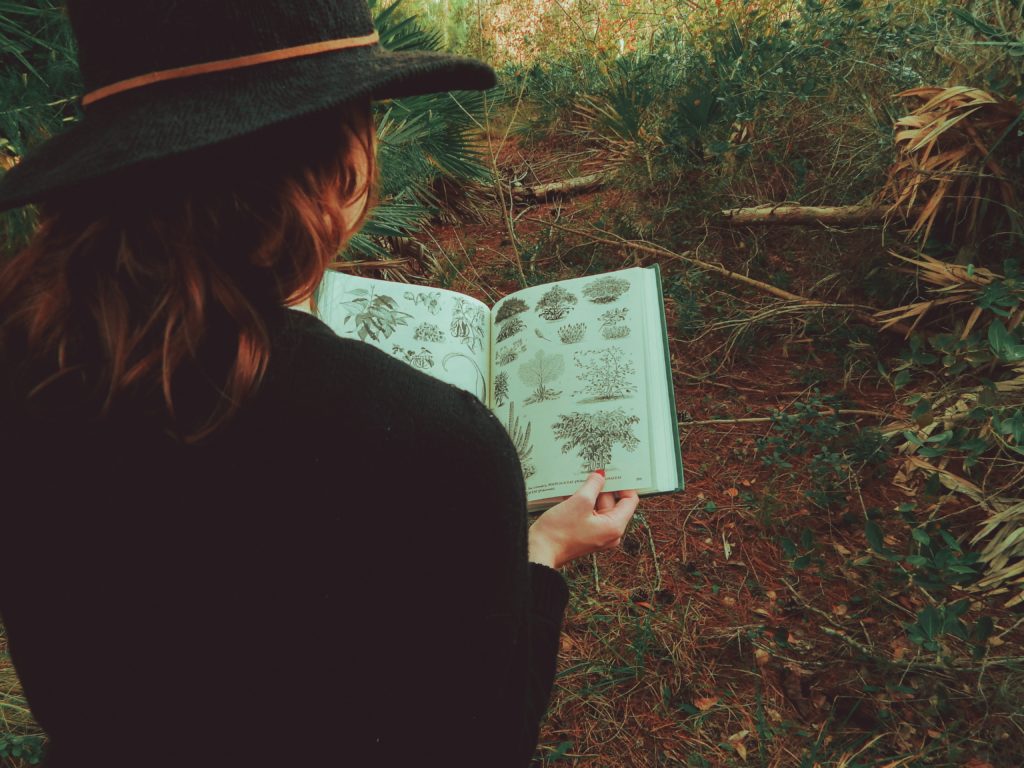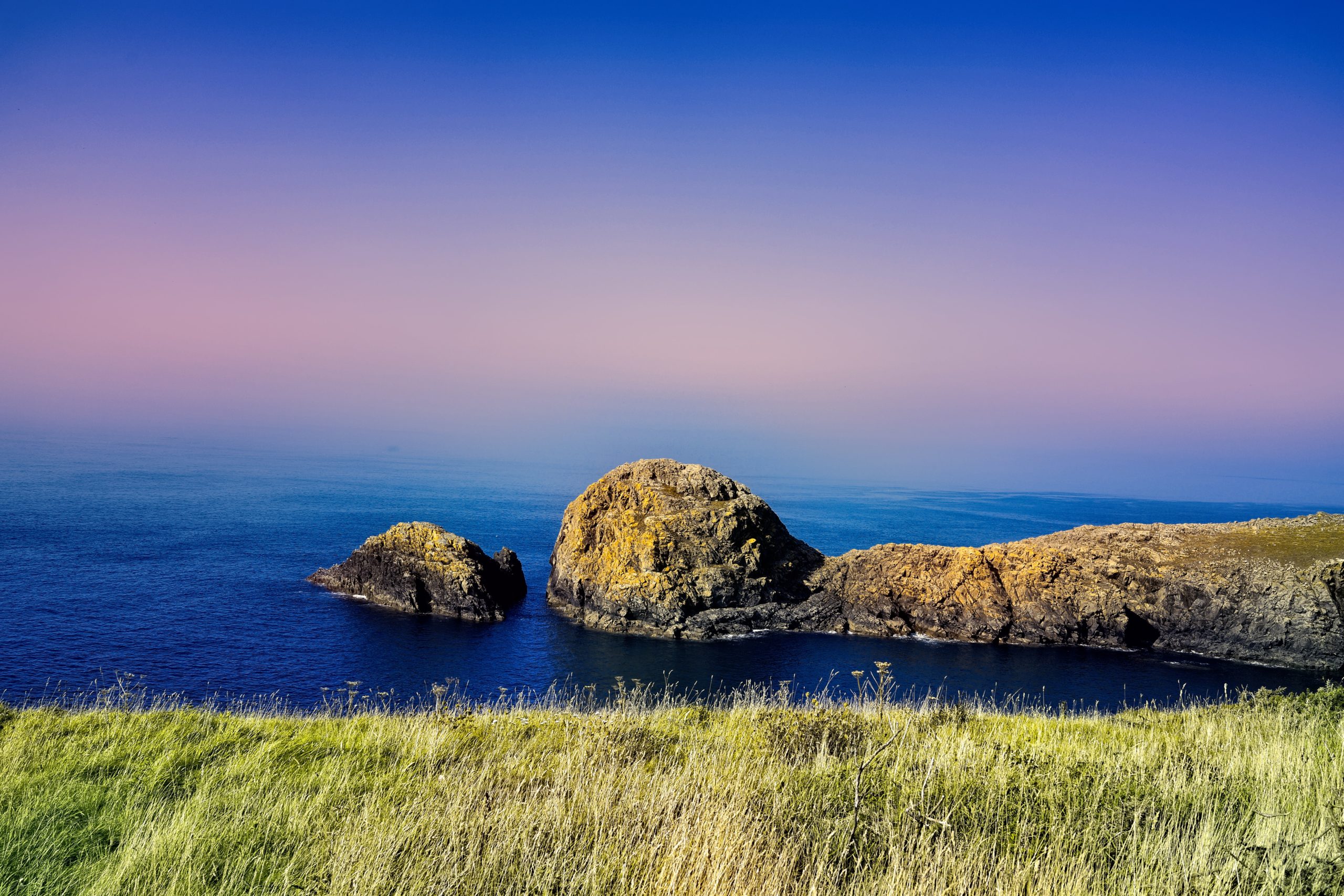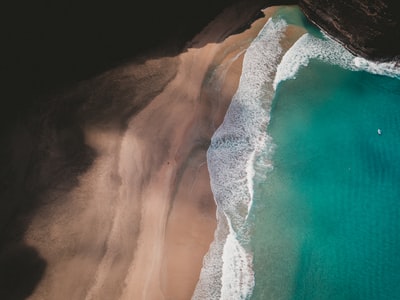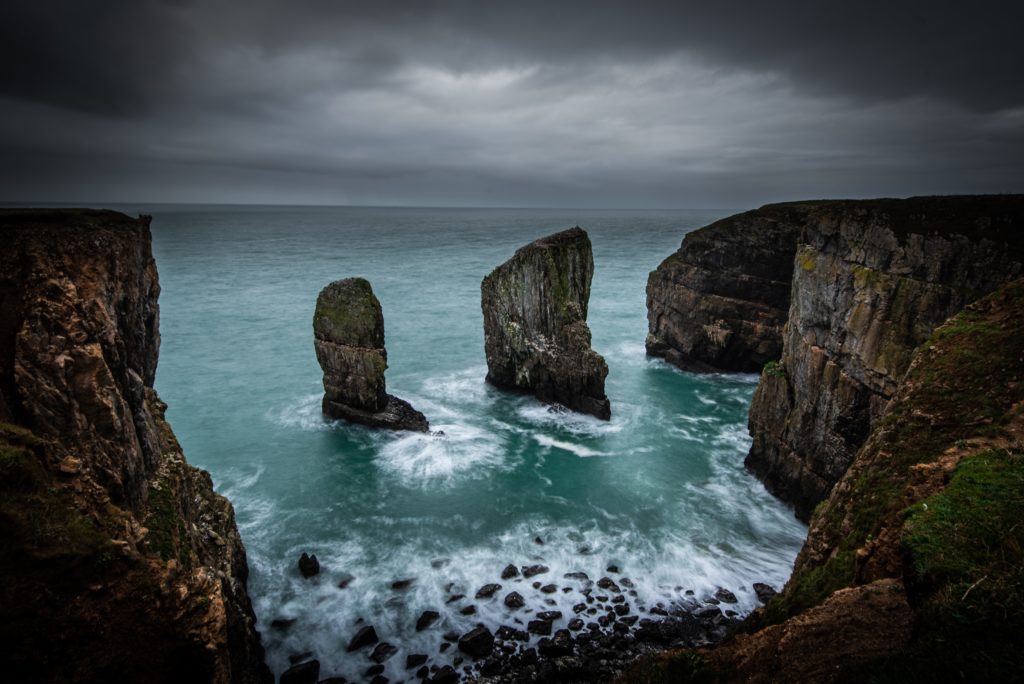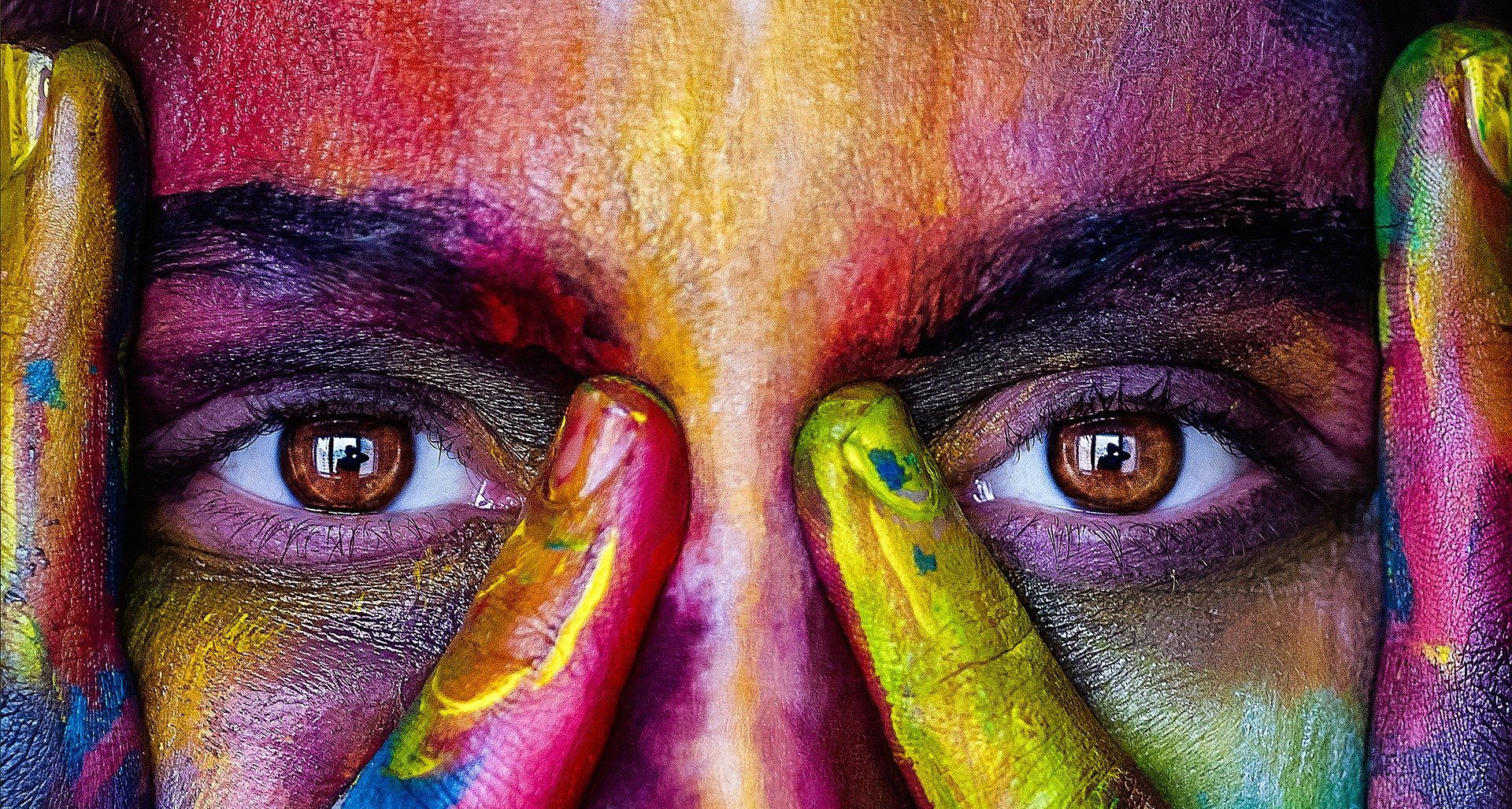
10 fun things to do if you’re depressed
By Cane Kelly
The past year has driven most of us to live like angry tigers pacing tiny cages. Isolation isn’t natural and has serious side effects, but one can also cultivate a healthy solitude. Knowing yourself isn’t an easy process and it’s easy to get intimidated by the outside world and its standards and materialistic focus.
This article is for anyone. Even if you have a partner, invest in yourself. Trying new things alone is key to keeping your independence and understanding emotions as they pop up in your life. We learn through new experiences, and this helps to keep our brain young and happy. Living with purpose and open-mindedness makes life a lot more interesting than following someone else’s lead.
If your’re depressed, try dating yourself. Dating yourself is fun. There’s no compromising – you get to choose what you do. It’s healthy for people in relationships too. Being in the constant company of your partner can be overwhelming and creates a dependence that’s bad for your mental health.
Before I got married, I spent a lot of time by myself. I made continual efforts to entertain myself and explore who I am. I still date myself. Covid-19 changed my normal patterns. I try to visit a new place alone a few times a year. I haven’t been anywhere this year, and I’ve got a bad case of cabin fever.
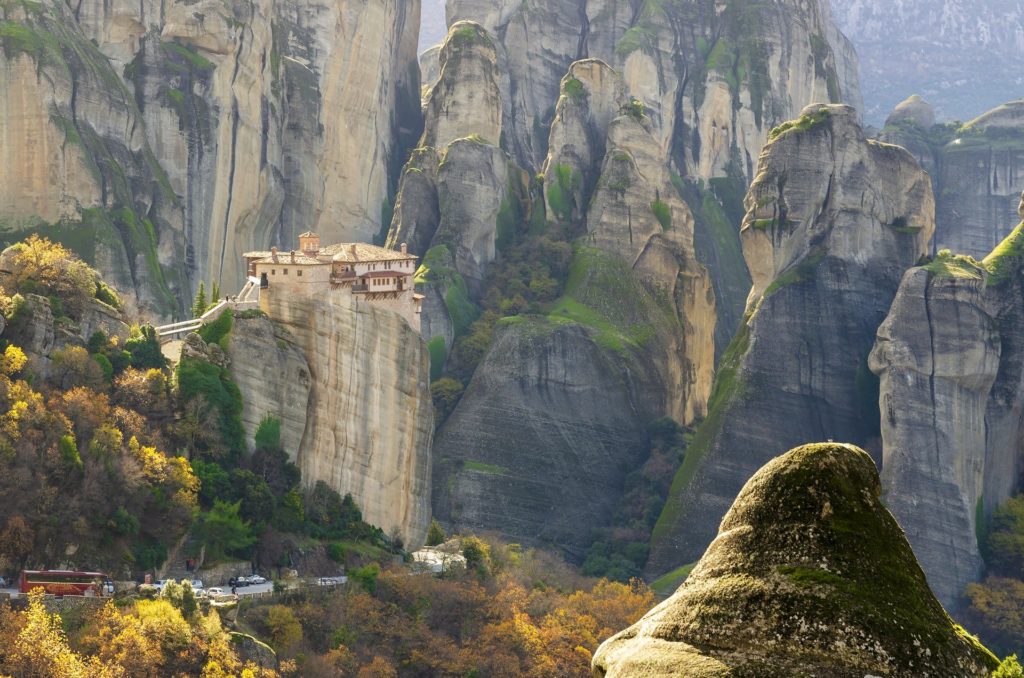
While I’m eager to explore places like Romania and Greece, we have to be careful because the crisis isn’t over yet. A few of these suggestions require a little investment but rediscovering and reconnecting with yourself is worth every cent.
Go to the movies alone
This seems like a no–brainer. People watch television by themselves all the time but taking a weekday trip to the movies is fun. Most people don’t show up for the first showing of any film. Some theaters won’t care if you slip into a second movie if you buy concessions. I’ve spent entire days lost watching movies.
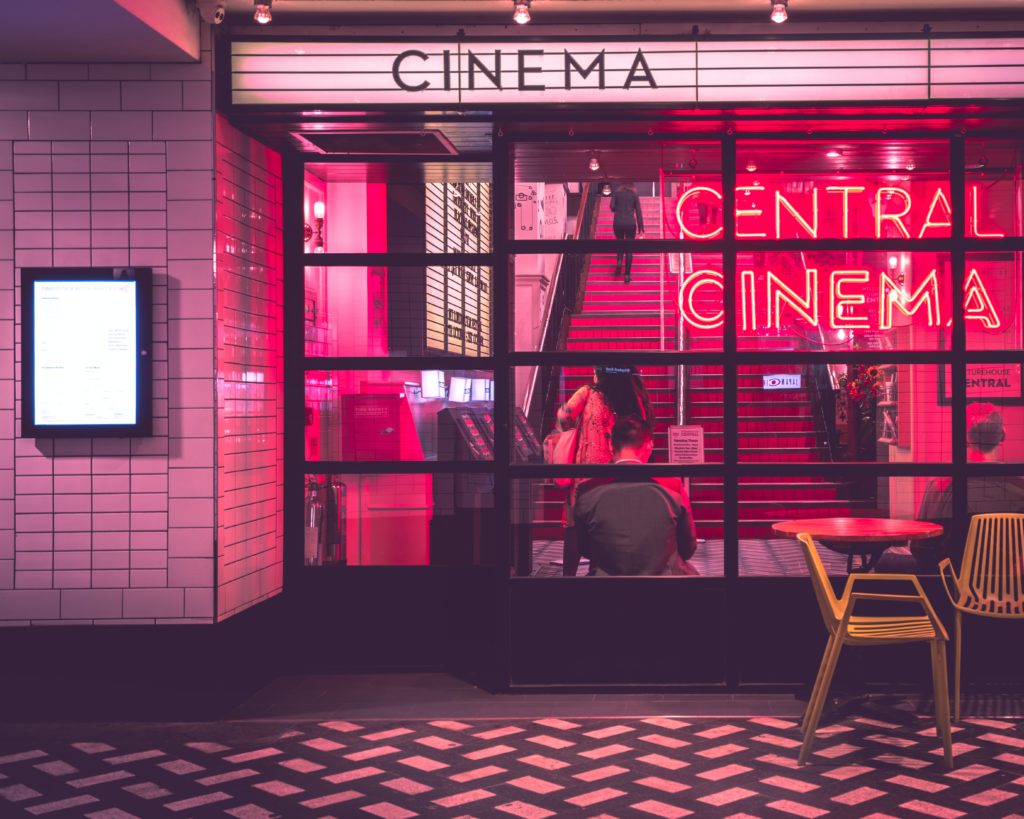
Learn how to bake
I have mixed feelings about baking because it is technical. The quality of your tools, like measuring cups, scales, and other items will determine how well your efforts turn out. I’ve made some real stinkers because I wasn’t precise with the measurements.
A few years ago, I tried to make Red Velvet Cup Cakes, but I was sloppy with the chemistry and they turned out as dense as baseballs. My poor husband ate one with a smile on his face. That’s true love.
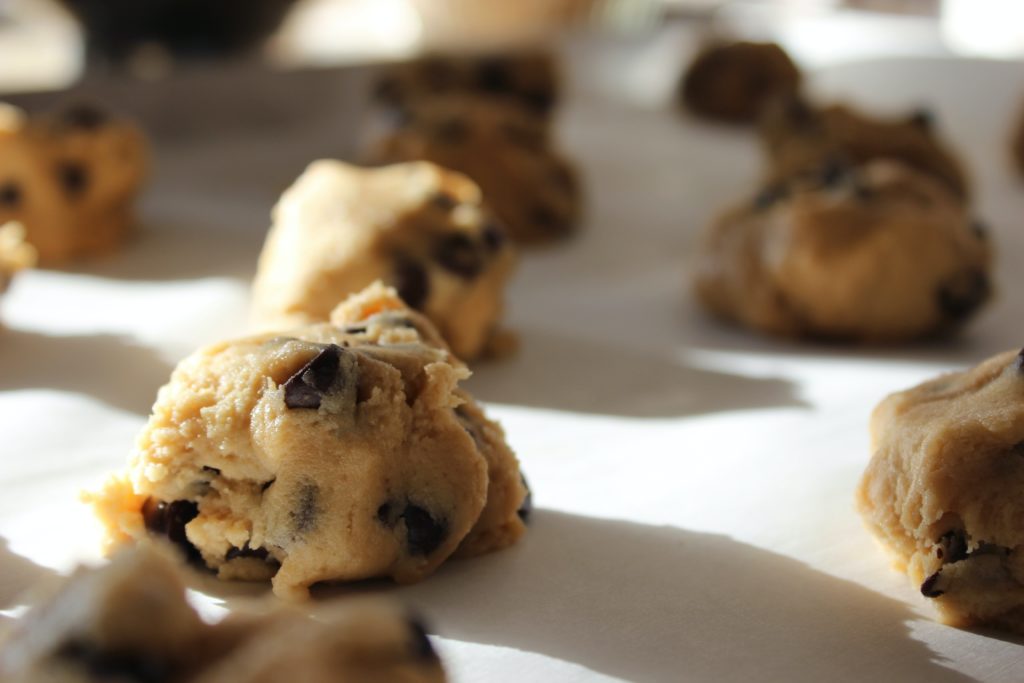
Meet a new city alone
I must admit traveling alone is my favorite thing in the whole world. You may want to wait a little while as the pandemic finally comes to an end but exploring a new place – even the next town closest to you might have something unexpected to find. The United States is an enormous place with people as different as Europe. It takes an estimated 40 hours of driving to get from one coast to the other. The drive is scenic particularly if you skip the big highways and take the smaller roads. Don’t freak out if you get lost. That is part of the adventure.
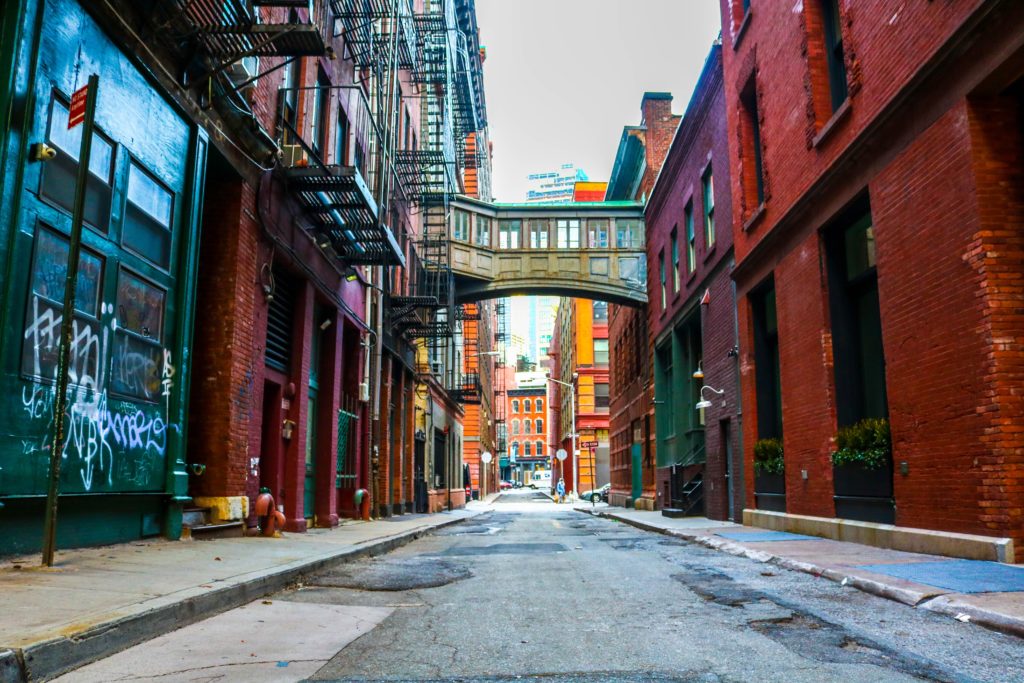
Check out your local cemetary
I’m from Lexington, Kentucky and our city cemetery is the most beautiful part of the entire city. There are mean ducks that might try to run you off if you get too close to the water or forget to bring grapes or other types of fruit. Bread is bad for ducks and other wildlife. I love cemeteries and I make visiting these monuments to past generations a priority when I visit a new city.
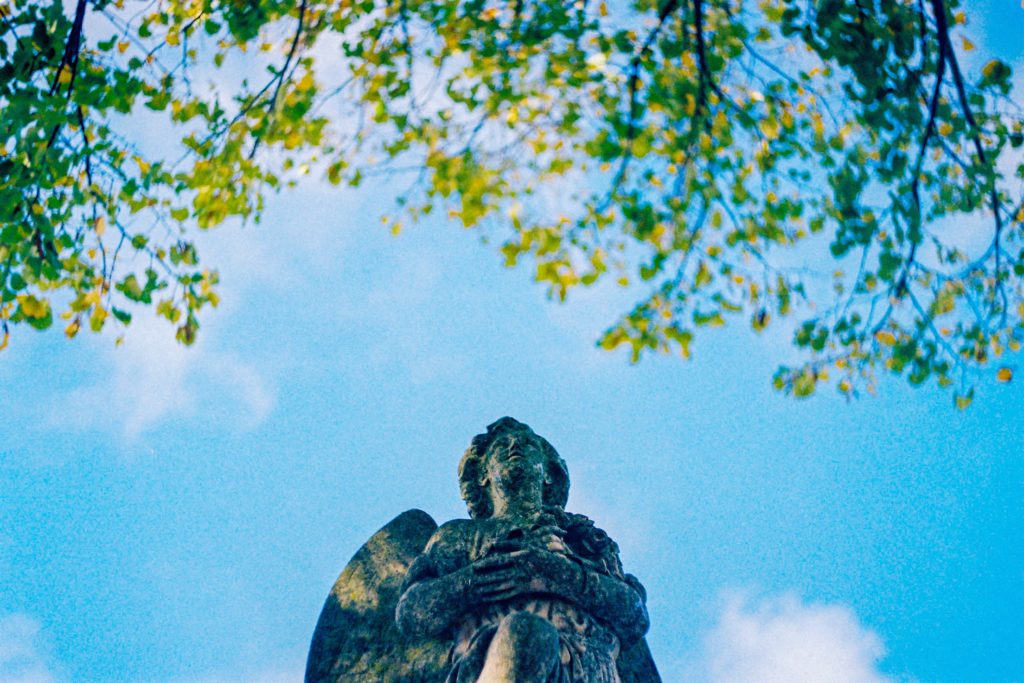
Volunteer
There are endless opportunities to help others. The United States has a serious issue with homeless cats and dogs. Thousands are put to sleep every week because they aren’t enough homes for them all. Volunteering at an animal rescue will make you feel good about yourself and you will be helping creatures that could die without you.
If helping animals isn’t your thing, then try volunteering at a homeless shelter or any number of organizations that desperately need your help. From spending quality time with kids to digging in and helping feed those who sleep on the streets, there are endless opportunities to help out and you get a big dose of serotonin for your efforts.
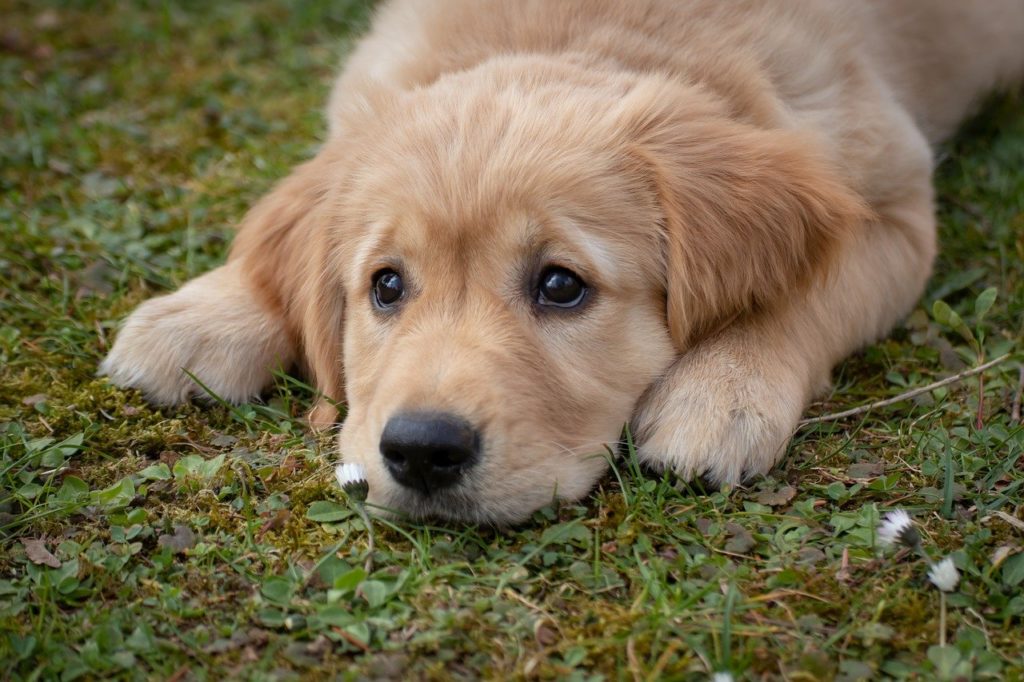
Take yourself out to dinner
You might have to sit at the bar if the restaurant is full, but most bartenders are excellent listeners and offer advice and understanding. Alternatively, bringing a novel to dig your teeth into as you try a flight of beer or wines is a great way to spend an evening. You end up making new friends or at the very least hear some juicy details about someone else and their experience. You might feel a little uncomfortable at first but try to embrace the discomfort and watch the adventure unfold as you try something new.
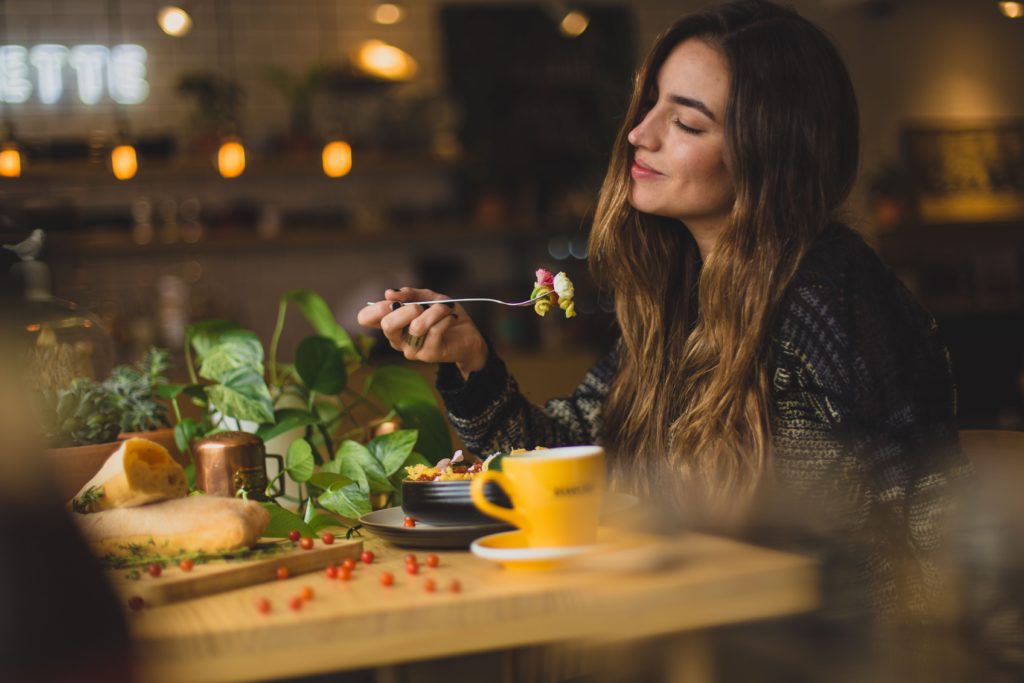
Go to an aquarium
You must check out the ratings for any animal attraction. Don’t spend your hard-earned money on places that mistreat any creature. Ethical animal attractions might cost more than their less reputable counterparts, but do you want to see dolphins in tiny tanks living like prisoners? No. Do your research before visiting any animal attraction.
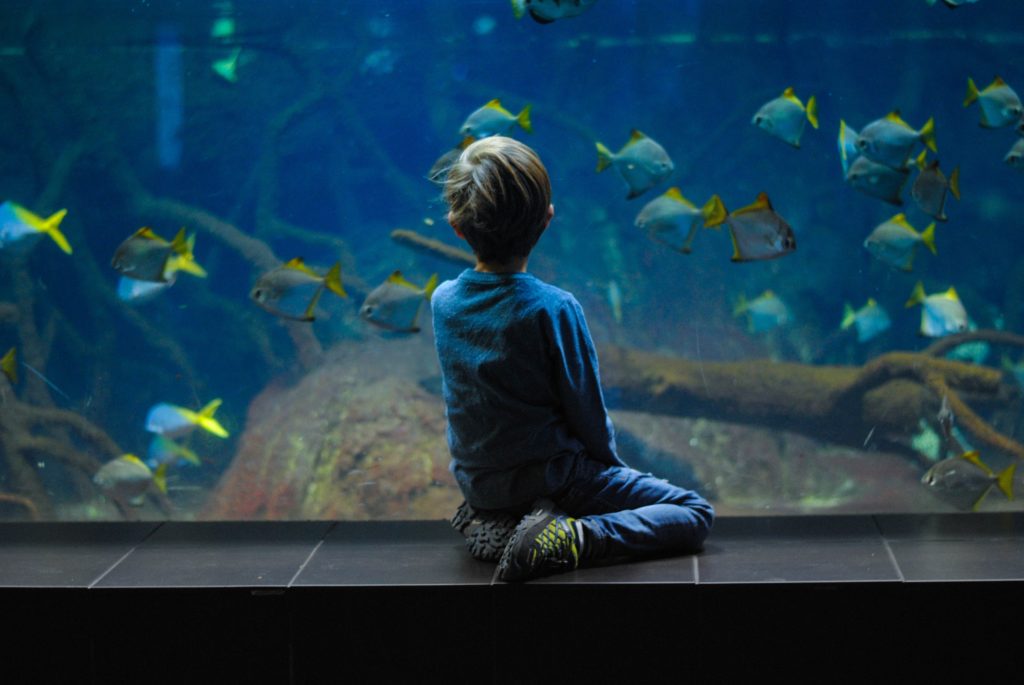
Learn to grow veggies from table scraps
As the climate crisis rages forward it is crucial to embrace a circular economy. Green onions, potatoes, leeks, and herbs are foods you can grow on a window ledge. All you need to do for potatoes has cut them in half after they have grown a few eyes. Cut them in half and deposit them in deep soil. You will have potatoes by winter!
This is easy and quick to do, but if you have more time on your hands, you can start a larger veggie garden. Gardening reduces stress and negative emotions, it gives you a sense of responsibility and you get to nurture something and see it grow and thrive.
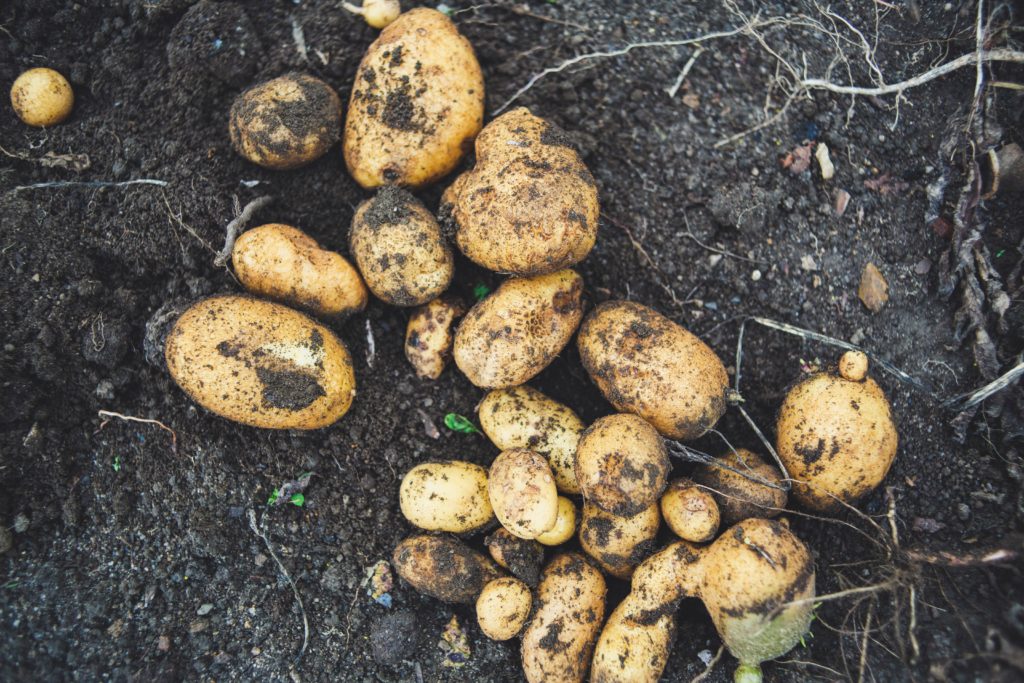
Treat yourself to a spa day (or organize one at home)
A spa day is a luxury and if you do a little internet digging you might be able to grab a deal that makes the treatment more affordable. Or you could plan a spa day at home. A bath bomb, essential oil, bath salts, and a few candles and a pumice stone can change your bathroom from an ordinary experience into something truly relaxing, and you can add a face mask or even mix brown sugar and coconut oil for a more natural approach to getting a glow to your skin.
Take your time and pay attention to your feet. A proper foot rub is an easy way to improve your health and help you sleep. Magnesium flakes also can offer an extra element making bedtime a breeze. Magnesium is best absorbed through the skin which means if you have a deficiency, this is a great way to resolve the issue.
Get naked, paint your toenails, do yoga. Go crazy taking care of yourself. A full day dedicated to relaxation is a great way to get in touch with yourself and renew your mind and body.
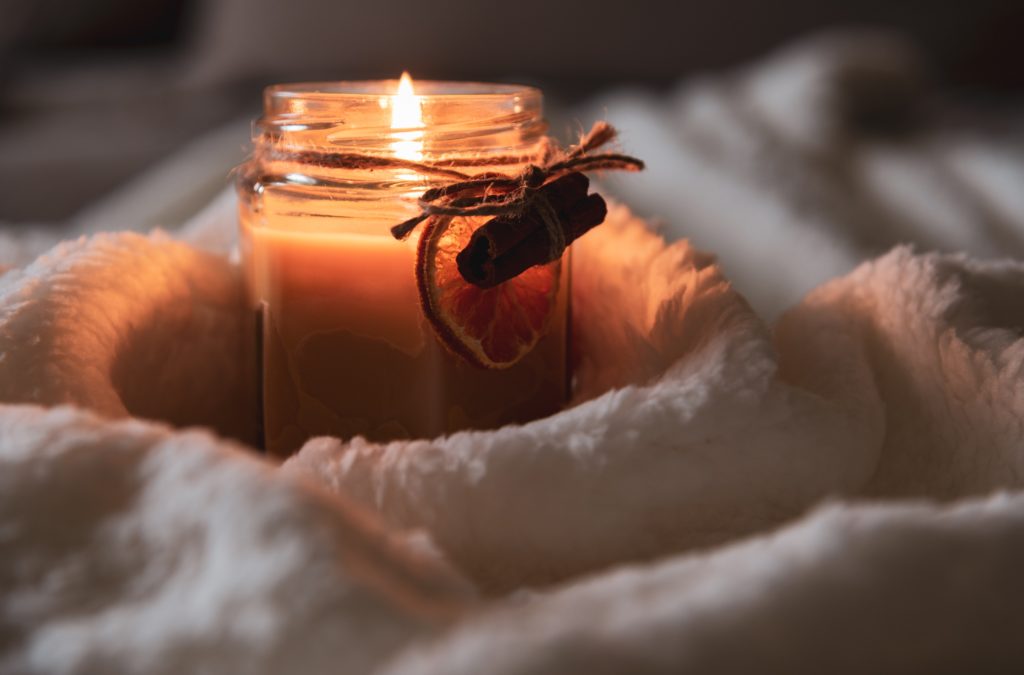
Go to a show or a musical performance
Did you know you are more likely to make new friends and acquaintances when you’re all by yourself? Don’t be afraid to push to the front of the crowd and dance your pants off. This is another exhilarating situation, particularly if you are passionate about the music or play you are watching!
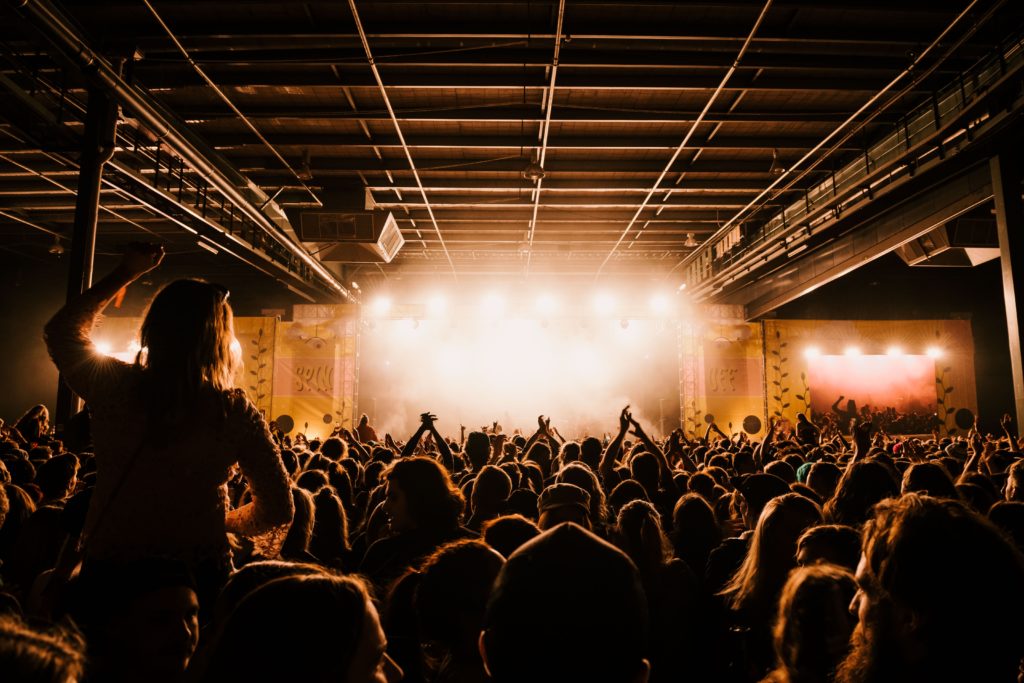
Bonus tip! Take a long walk!
Self reflection should shadow selfies. Understanding yourself and your emotions can be a complex issue to tackle and take hours or days to process. Being human is hard! Taking time to breathe and think. If people made it common practice to be careful with their words and intentions even when speaking to themselves is becoming a focus throughout many health and wellness experts.
Compassion for others is important, but compassion for yourself is more crucial than anything you can do for others because if you’re bullying yourself, then you need to readjust and pull that focus of care on you’re on well-being.
